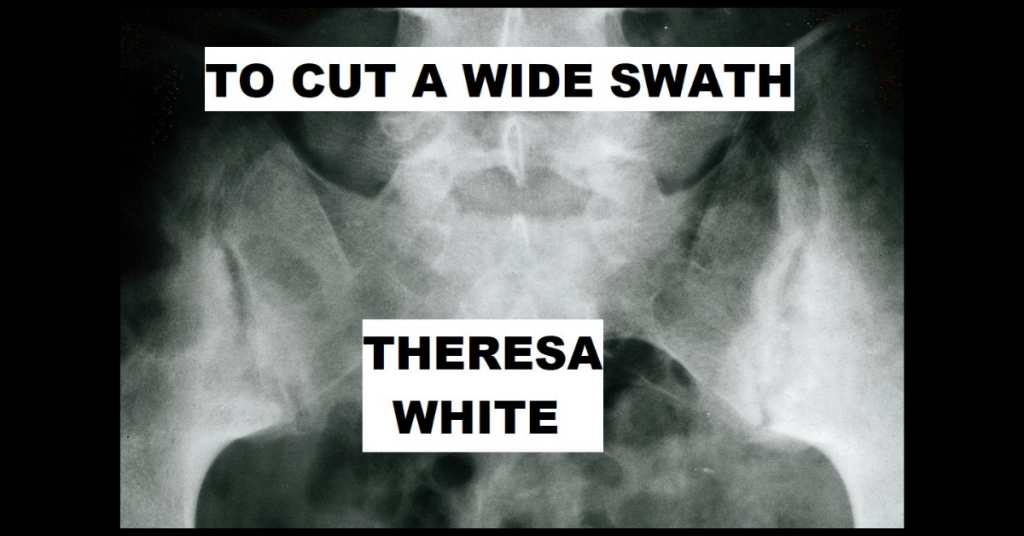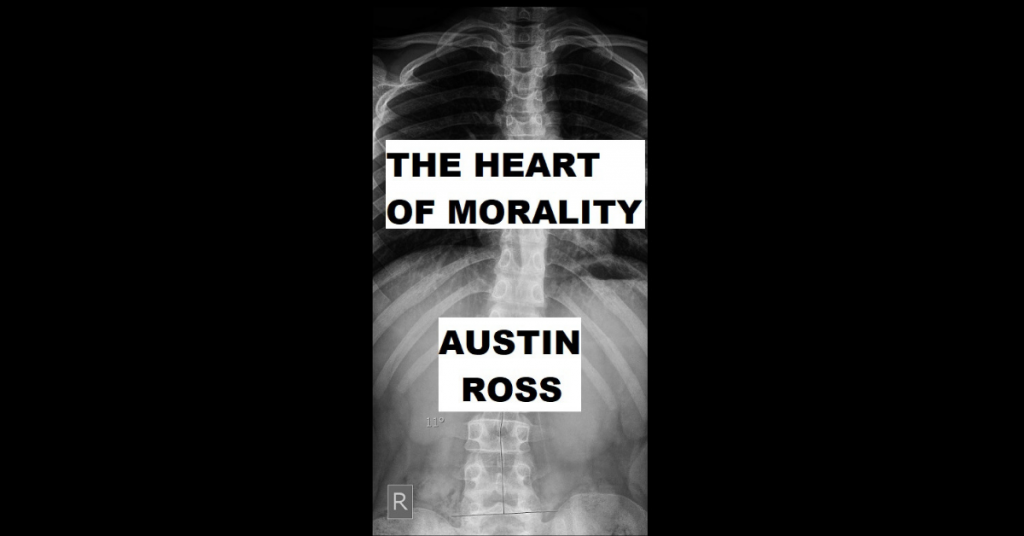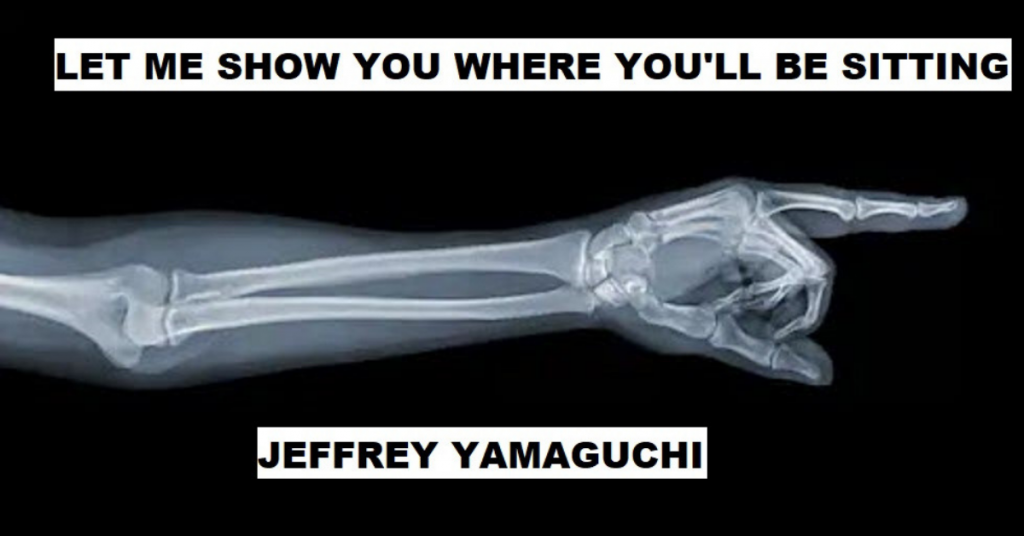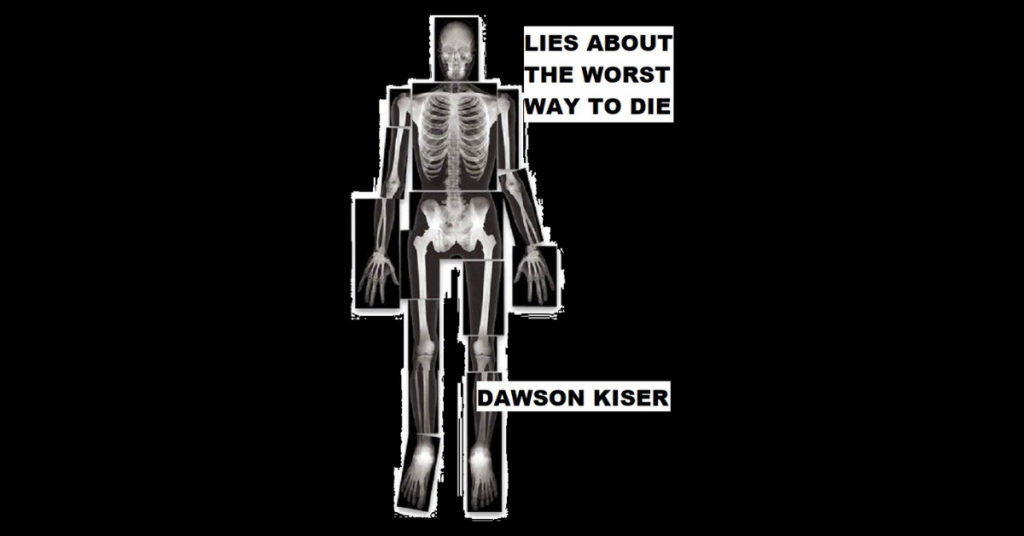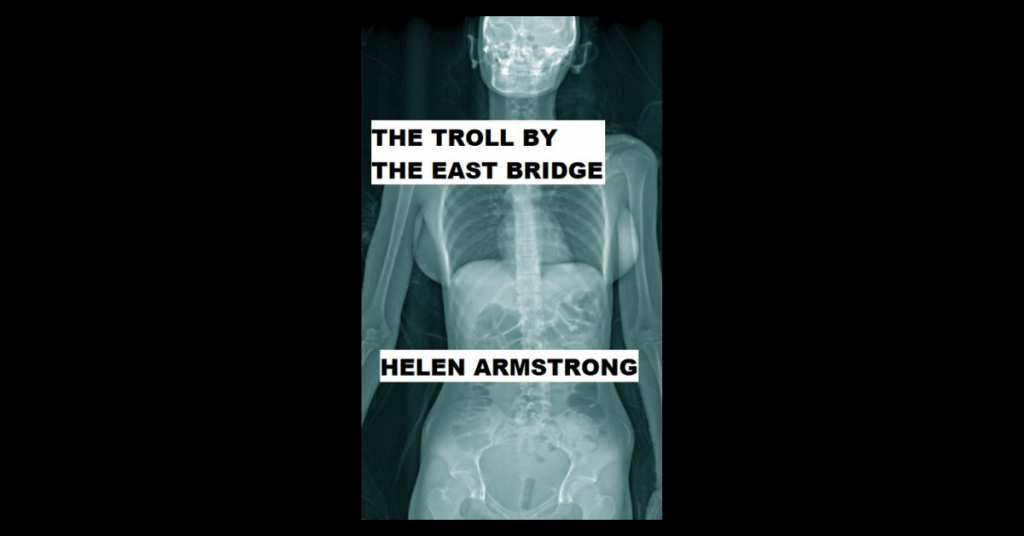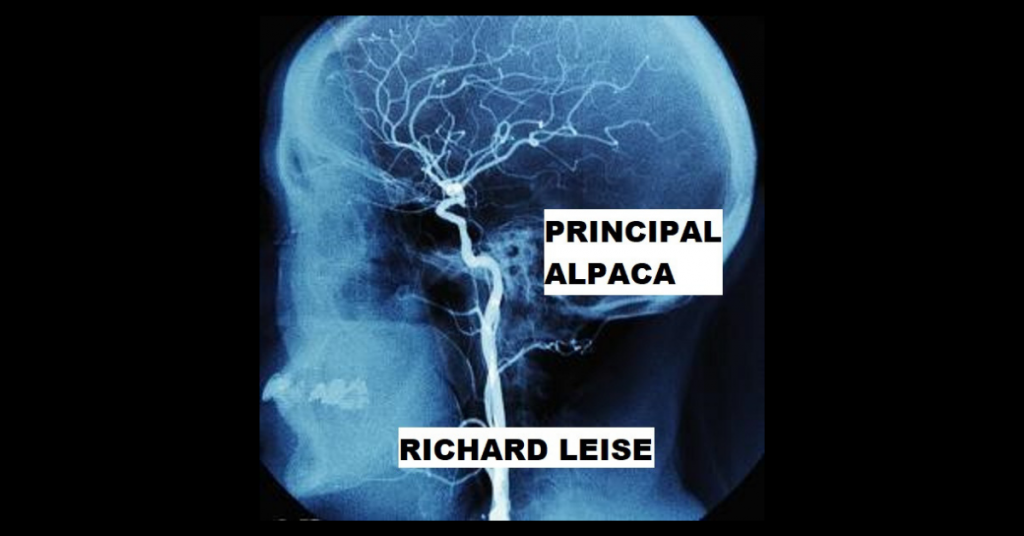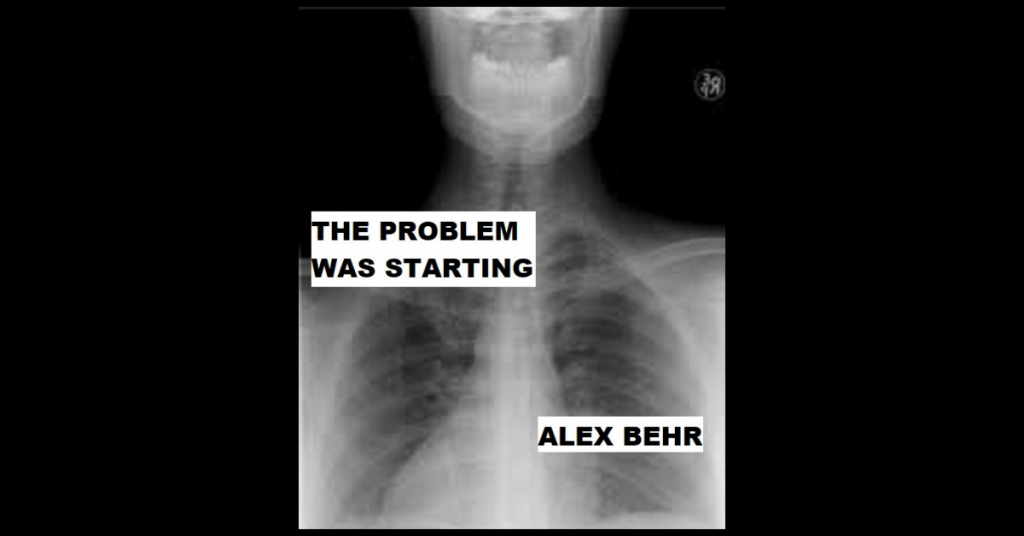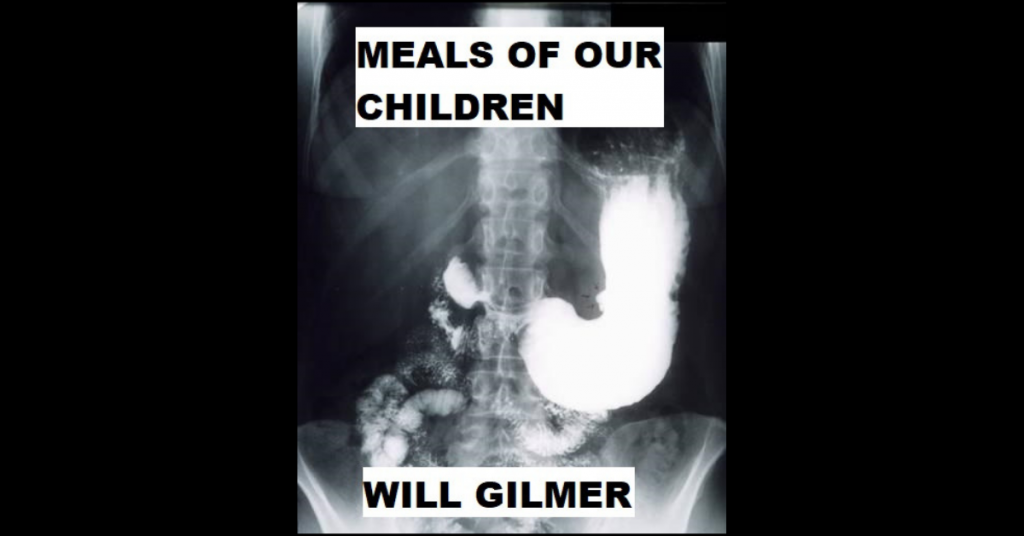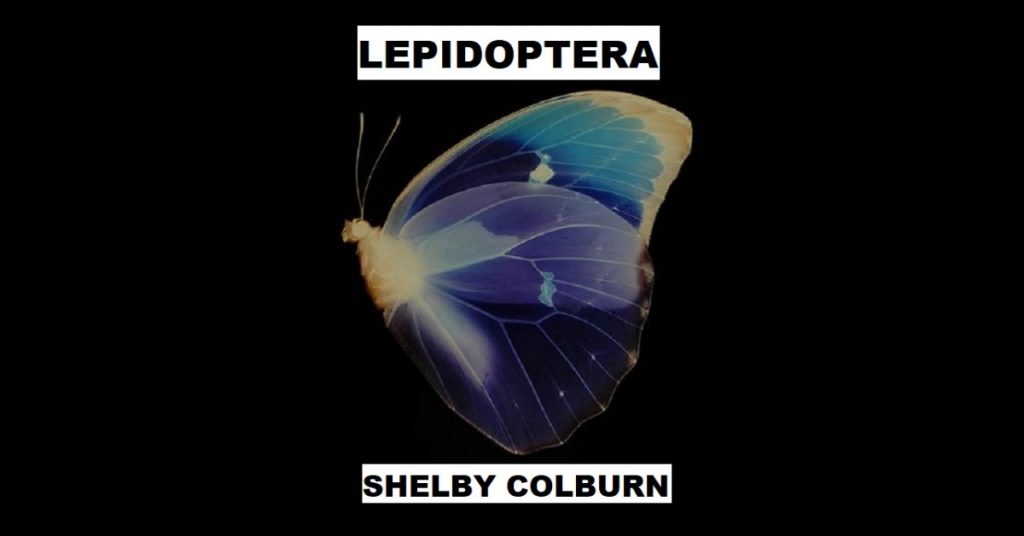
LEPIDOPTERA by Shelby Colburn
She told me she caught a moth in her throat. We sat in a roadhouse munching on fried pickles as snow fell past the window. She reached into her mouth with a finger and pulled her right cheek to the side like a hooked fish. I leaned closer to her face and peered down her mouth. There it was, a grey moth lodged in the opening of her throat. Its small wings fluttered behind her uvula and tonsils. She popped her finger away, closing the opening to the moth’s new home. “It chose me,” Priv said as she attempted to…

